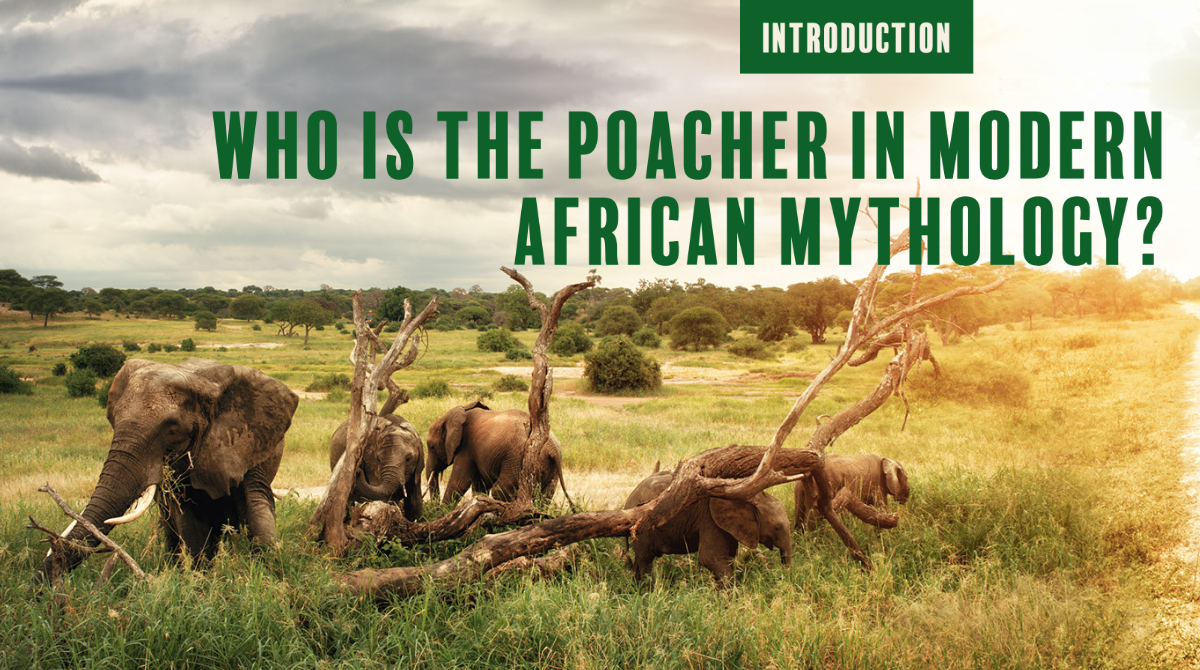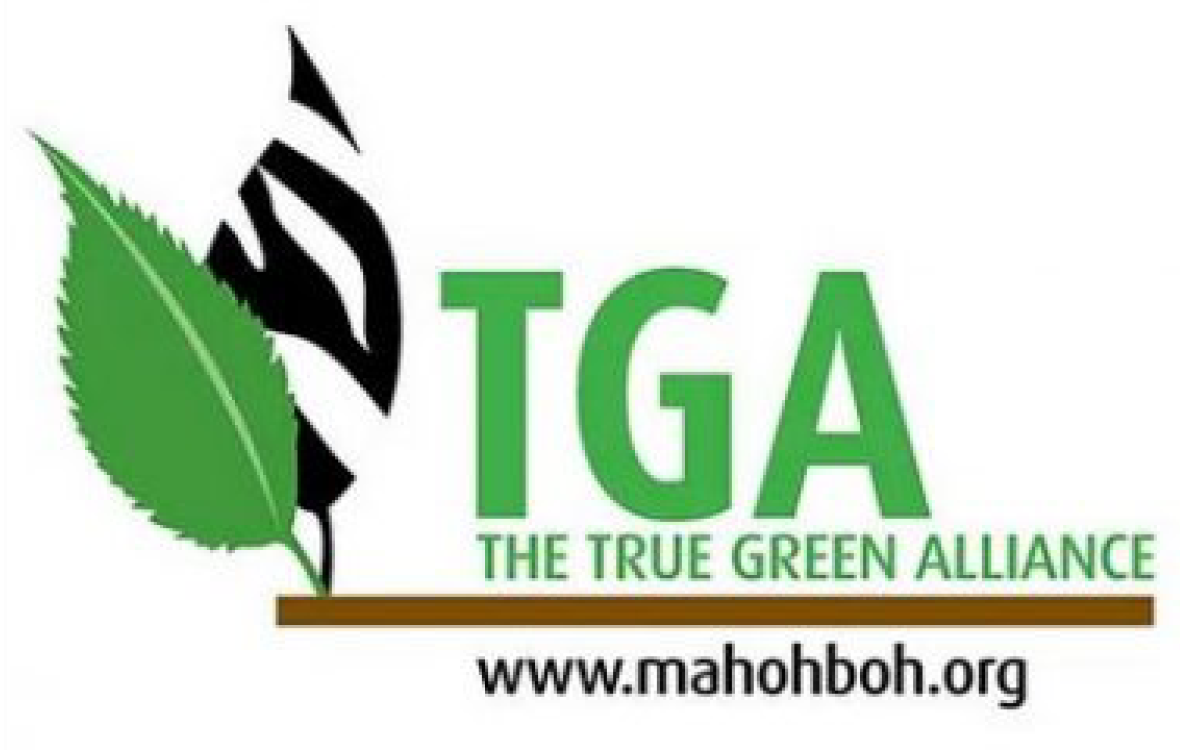These senior-politicians established their own special poaching units by employing (among others) traditional village hunters to do the killing for them; and they also provided those same hunters with immunity from arrest and prosecution.
Where does all this information come from? It was extracted from British, European, American and Kenyan newspapers, UN reports and transcripts from the Kenyan government Hansard.
Much came from personal reports written by private Kenyans and Tanzanians on this subject. Others came from personal reports written by Tanzanian government employees and letters from my friends who are in the know.
This is all recorded and more fully explained in my book: ELEPHANT CONSERVATION – The Facts and the Fiction (2016). I had been expecting a great deal of comment before now; but there hasn’t been a squeak from anybody. So, I expect a decision has been made amongst the culprits “NOT TO ROCK THE BOAT” too severely.
But if you go through the international newspaper records (1970 to 1990) that is where you will find the information that I am writing about here and now.
The village hunters, because they are normally poverty-stricken and destitute, are easily persuaded to become involved with the major poaching racketeers, whoever they may be. They prefer to engage with the big-wig politicians, however, because such people can provide them with immunity from arrest and prosecution.
Nevertheless, the village hunters got involved with any and all the poaching racketeers because they had no other source of income. Furthermore, poaching is the only way they can get value out of what is essentially their own wildlife. I have great empathy, therefore with Africa’s rural village hunters.
In some African countries, elephant and rhino poachers are shot-dead on sight. In others they are apprehended and sent to gaol. Whichever way they are removed from the poaching arena, however, is of no consequence.
The gaps made by their departure are quickly and easily filled by one of the millions of other destitute rural souls in Africa who need the money. And the linchpins behind the scene, the middlemen, the mafia bosses, the corrupt senior politicians and civil servants who are the lead players in the continent-wide commercial poaching industry, remain forever untouched and untouchable.
In recent years, increasing numbers of Africa’s people from all walks of life are emerging from the woodwork to stress the fact that the most accomplished criminal elements of the poaching mafias in Africa, have been, and remain corrupt senior politicians and top-ranking civil servants.
Ruling presidents and vice-presidents have been named as cornerstones of the syndicates in Kenya, Tanzania, Zambia and Zimbabwe.
Fingers are currently being pointed at upper echelon politicians in Mozambique, too as the primary instigators of the recent spike in elephant poaching in the north of that country (Niassa) and the devastating rhino poaching events, caused by Mozambican nationals who are still operating inside South Africa’s Kruger National Park. And the name of the Chief of the Mozambican police crops up regularly! Is he involved? I don’t know! But, if he is not, he should be told that he has been fingered.
People with experience in anti-poaching work are loud in their condemnation of Africa’s leadership and the fact that someone of significance is protecting the Mozambican rhino poachers from arrest and prosecution. And that person can only be a member of the Mozambican political elite. That means a senior Mozambican politician, or civil servant, is getting a substantial portion of the proceeds (protection money) from illegal rhino horn sales out of Kruger National Park.
In South Africa, the apparent inability of the Minister of Environmental Affairs, to influence her counterpart in Mozambique to stop the poaching of South Africa’s rhinos in Kruger National Park by Mozambican nationals is being cited as sufficient reason to suspect corrupt collusion at the topmost level of government in Mozambique, too.
If such has been the case elsewhere in Africa, from Kenya and Tanzania southwards to Zambia and Zimbabwe, why should the state of poaching-related corruption be any different in Mozambique and South Africa?
Soldiers, policemen and game rangers, we must never forget, are employed in their treasured government positions at the behest of the same politicians who are seemingly behind all the criminal poaching activities and if these small-fry people open their mouths, they will instantly lose their jobs (if not their lives).
Being a whistle-blower in Africa, under these circumstances, is tantamount to playing Russian Roulette. Africa is still a very dark continent where all manner of uncivilized things happen to dissidents.
Professional hunters, those people who guide foreign clients on their hunting expeditions into Africa and who are aware of all the chicanery that is going on, have to keep quiet, too, because if they exposed what they know about poaching in Africa, they would be quickly arrested on trumped up charges and thrown into gaol.
And even if they somehow avoided an African gaol sentence, there is no chance at all that they would get away scot-free, i.e. without suffering some other kind of serious reprisal. And, thereafter, they would never get another professional hunting job anywhere on the continent.
They, too, therefore, need to protect their lives and livelihoods. Indeed, under such circumstances, it would be better to protect their lives and forget about their professions. Africa is a continent where anti-establishment people don’t thrive. They either keep their mouths shut (in order to stay alive) or they simply disappear.
But the talking has started, not by today’s professional hunters, but by those oldies from yesteryear who are beginning to tell their tales. The fact that they are now retired – and that the perpetrators of the events that they speak about are no longer alive or in power, gives them an illusion of safety. Nevertheless, fear lingers. Many are still very reticent about opening their mouths and they would prefer to remain silent to avoid all risk of retribution.
In many African countries, if anybody utters a single negative word about the government-in-power, or about its political leaders he, or she, will likely languish in prison for a very long time, or they will simply disappear. That final and absolute solution, that accused people simply disappear, remains the ultimate of all political expediencies in many African countries.
I, myself, have been warned, by people in East Africa, that by exposing Africa’s commercial poaching events to the whole world, I am inviting some form of dire consequence on the rest of my life!
But, here I am, doing it again! And I vow to provide you with chapter and verse and to expose the whole caboodle to those of you who will listen. And each week, I intend to provide you with as much detail as I can muster, with respect to commercial poaching incidents that happened in Kenya, Tanzania, Mozambique, Zimbabwe and Zambia from 1970 to present times.
Literally hundreds of thousands of elephants were killed by Africa’s political elites in these reports and tens of thousands of black rhinos. In many cases other species were involved, too – hundreds of zebras, a great many giraffe and tens of thousands of Colobus Monkeys.
Where I can, I name and shame the people who were involved. And I provide corroborating evidence where I can, too.
Each week I intend to tackle one-each of these five countries – Kenya, Tanzania, Mozambique, Zimbabwe and Zambia.
Ron Thomson
CEO True Green Alliance






